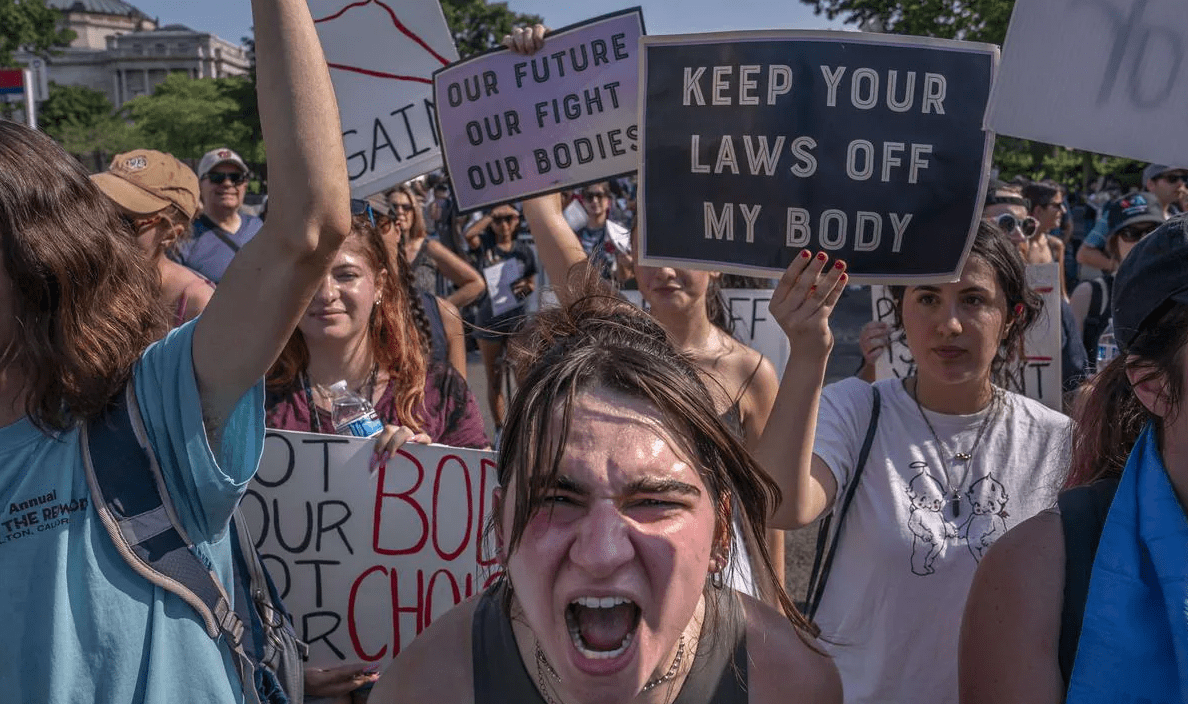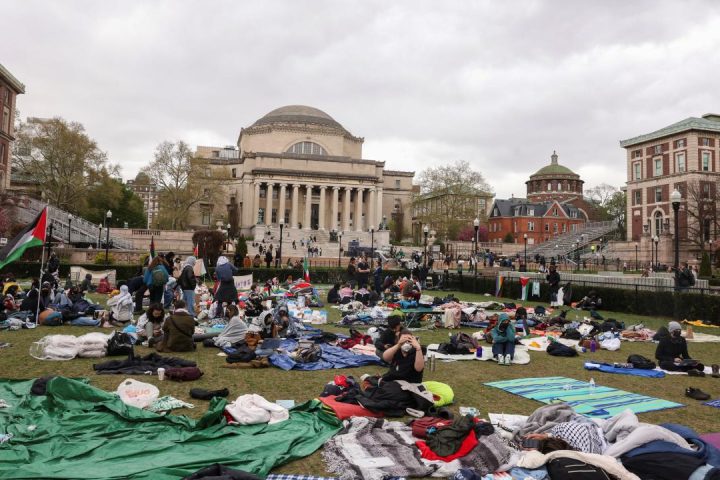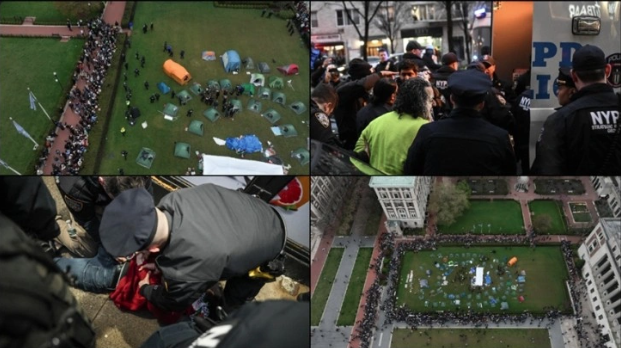Many Catholic institutions have been attacked by violent radical organizations like “Jane’s Revenge” and “Ruth Sent Us” since the U.S. Supreme Court’s judgment in Dobbs v. Jackson Women’s Health Organization, given down June 24, 2022, overturning Roe v. Wade, 410 U.S. 113 (1973).
Security has been increased in well-known places of worship like St. Patrick’s Cathedral in New York City after churches there were vandalized.
After the high court’s remarks, a police cruiser was left stationed in front of my own local parish for a number of Sundays.
Five of the judges who voted to overturn Roe are Catholics who were baptized, which is why they are so hostile towards the church. (Justice Sonia Sotomayor, the sixth baptized Catholic, is exempt from criticism because she disagreed with the majority judgment.)
Dobbs was supported by constitutional reasons, but it hasn’t prevented detractors from asserting that Catholic judges forced their religious beliefs.
For instance, the Rev. Thomas W. Goodhue, a Methodist cleric, wrote in an opinion piece for Newsday on July 5, 2022, “The Supreme Court decision overturning Roe. v. Wade, is a victory for Catholic and evangelical Christian churches…. It allows states to restrict abortion on the basis of theological beliefs… ”
If one reads the ruling, it is clear that the majority view believed that it is up to the states, not the federal judiciary, to decide whether or not abortion is allowed.
As a result, New York, where I was born and raised, has the most lax abortion laws in the country, which were approved by a legally elected legislature and signed into law by a governor who also happened to be a Catholic.
Former governor of New York Mario Cuomo famously delivered a speech at the University of Notre Dame in 1984 that helped to sow the seeds of misunderstanding that have caused some people to assume that Catholics on the court are motivated by the theology of their religion.
Cuomo developed a defense for continuing to support abortion despite his assertion that as a practicing Catholic, he was personally against it.
He said that he could not “impose” his Catholic morals on non-Catholics while enveloping himself in a false sense of humility.
Because of Cuomo, Americans from many areas of life have expressed dissatisfaction with the Catholic bishops’ stance to abortion, which they claim is based on doctrine.
- Smith says sorry to Rock and is “Ready to Talk”
- Energy companies profit – Shell quintuples quarterly profit
- Cold Sores Spread with the Eastern Kissing Tradition
The assertion that the church’s viewpoint is supported by its tenets is just sophistry, nevertheless.
In The New York Review of Books (June 28, 1990), famous left-wing historian Gary Wills made the observation that the Catholic bishops do not base their position on their faith “To the general public, it is not a religious matter. They rely on natural law, common sense, and probabilistic justifications in that arena.”
Wills’ view was echoed by The Most Rev. Howard Hubbard, a veteran and ardently liberal bishop of the Diocese of Albany, New York:
“The abortion debate is not just a matter of Catholic teaching. The fundamental right to life of the unborn child is at question. Many Protestants, Jews, and those who do not identify as religious in any way are deeply concerned about this, as are many other individuals.
“In light of this, the problem cannot be framed as one religious group trying to force its doctrine on the whole populace.
Therefore, I would advise against using phrases like “forcing our ideas on others,” “religious principles in public affairs,” or “sinful” actions.
Such statements are misleading since the Catholic Church and other people discuss abortion within the rubric of human rights as well as religious conviction.
Additionally, the viewpoint of Wills and Hubbard is supported by the Catholic Church’s Catechism.
The pertinent passage regarding abortion is as follows:
Every innocent person has the unalienable right to life, which is one of the fundamental principles underlying civil society and its laws: “The inalienable rights of the person must be acknowledged and upheld by civil society and the political authorities…. The right of every human being to life and bodily integrity from conception to death should be mentioned among these fundamental rights in this context.
Because the unborn child must be respected and protected from the time of conception on, the law must provide adequate criminal penalties for any willful infringement of the child’s rights.
Is it clear enough?
Given these facts, one is forced to wonder why the Catholic Church is being attacked by pro-abortion groups.
I can come up with two causes. First off, the Catholic Church is one of the few religious organizations in the world that has stood firm against abortion.
The church’s outspokenness and persistence on the subject enrage the left.
As Daniel Patrick Moynihan famously stated, “anti-Catholicism is the one acceptable kind of intellectual prejudice in the United States,” it is fashionable in elite circles to criticize the church.
It’s unfortunate, but it’s true.
- The published article does not reflect the editorial policy of aicent idea. It is published because the authors have editorial immunity.





